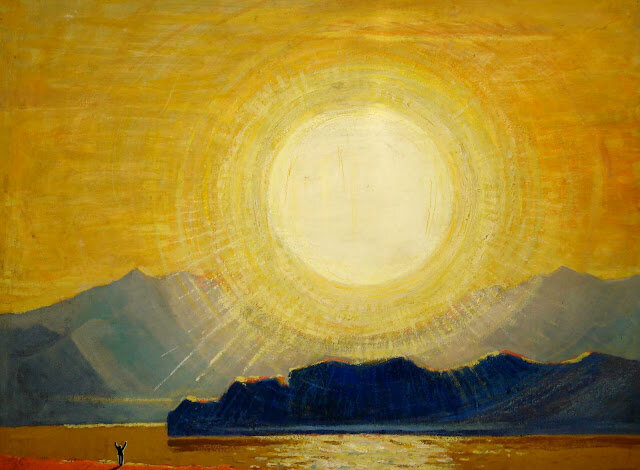Daylife Saving

There was a brief surge in people dying last week. Did it happen in your campaign too?
There was a brief surge in people dying last week. Did it happen in your campaign too?
Daylight saving time is a curious thing. There are some interesting reasons for its existence, and there are some interesting arguments to end its existence. It is, in some sense, both a very new and very old invention. Although daylight saving time as we know it is only about a century old, the idea of adjusting the time based on daylight is ancient. The Romans had what I consider the weirdest system, wherein the actual length of each hour of the day was different at different times during the year, such that there was always 12 hours of daylight per day even though the number of minutes might change. Since our modern (and perhaps inflexible) system of time-keeping wouldn’t allow us to change how long an hour lasts, we instead shift our clocks forward or backwards an hour to make optimum use of daylight (although just how optimum this is may be a matter of debate). What isn’t up for debate is that there are some health impacts of daylight saving time, which means that a canny storyteller has yet one more potential tool in the toolbox with which to mess with players.
It’s actually a bit disingenuous of me to say that this isn’t up for debate, mostly because it actually IS up for debate. While the most recent research has suggested that daylight saving time does have a number of important health effects, much of the older research, and some of the newer research, has failed to show health effects of a one-hour shift. Like most of the things we “know” in modern science, there is a certain amount of doubt about how harmful daylight saving time is. And that’s fine, because uncertainty is often what makes life interesting.
It’s been shown in a number of studies that workplace accidents increase, and their average severity increases, on the Monday following the loss of an hour of sleep at the end of winter (actually, the average person loses 40 minutes of sleep, not 60, but let’s not get pedantic). This has been shown to be true in a number of countries, but doesn’t seem to hold true for Canada or Finland, and presumably others. In one study, the incidence of workplace injuries in Canada actually fell in the week after the Spring shift, but the authors felt this was because Easter fell during that week on several of the years for which they examined data, and people being out of work seemed to account for them not having accidents. Unsurprisingly, the same doesn’t hold true for when an hour of sleep is gained; even though people have altered sleep cycles, we don’t see more accidents.
The more surprising finding is that people are slightly higher risk of having heart attacks in the week after the Spring hour loss. The increase in risk is pretty small – according to one classic study, if one person would have had a heart attack the week before, 1.039 people will have one the week after. Of course, when you multiply that by a million people who are fated to have a heart attack, that’s suddenly thirty-nine thousand extra heart attacks. For whatever reason, this higher rate seems not to be seen in smokers, who are normally the one at highest risk for anything heart-related; this probably reflects that their risk is higher than everyone else’s already, and everyone else is just catching up a bit for one week. So, if your campaign setting has daylight saving time heart attacks, humans probably have a brief increase in heart-related mortality and halflings don’t.
One really interesting conflict in the literature is the effect of the Spring shift on the stock marker. A couple of older papers argued quite forcefully that the stock markets were much more volatile in the days after the lost hour of sleep, which would make sense if people are more tired, making them more impulsive and shorter-tempered. The more recent studies in the area have suggested that this isn’t the case, even to the modest extent that other things change. This particular issue has been at the center of some very heated arguments in the literature, even to the point that authors have stopped just short of actually calling each other names in their publications.
There are some other things which one might imagine daylight saving time might do to people, which it doesn’t seem to. For example, we know that manic episodes in bipolar disorder can be triggered by disruptions in someone’s sleep cycle, but daylight saving time seems not to cause enough of a disruption for that. What this means is that daylight saving time is probably not associated with a sudden increase in people being religious and grandiose, even though if it was, that would likely make for some very interesting storylines. Also, even though workplace accidents increase when an hour of sleep is lost, traffic accidents seem not to, which I think is kind of interesting because you might expect them both to be similarly affected by people being sleepier and less vigilant.
More than four years ago, Dr. Eris Lis, M.D., began writing a series of brilliant and informative posts on RPGs through the eyes of a medical professional, and this is the one that appeared here on March 20, 2016. Lis is a physician, gamer, and author of the Skirmisher Publishing LLC OGL sourcebook Insults & Injuries, which is also available for the Pathfinder RPG system.

